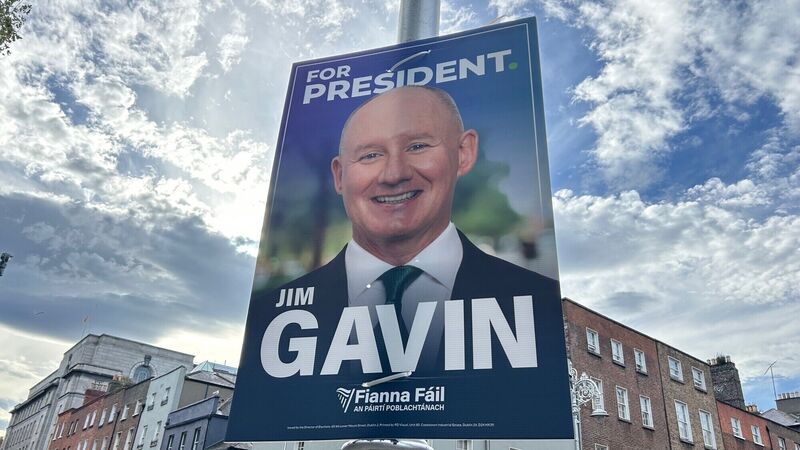Letters to the Editor: Withdrawal of Jim Gavin creates crisis

If these groups succeed in electing a withdrawn candidate, Jim Gavin would be presented with a stark choice. Picture: Cillian Sherlock/PA
Try from €1.50 / week
SUBSCRIBEThe fallout from the presidential campaign, particularly the withdrawal of Jim Gavin, must force a stark realisation: our democracy is now potentially navigating a dangerous and self-inflicted crisis. The withdrawal of Fianna Fáil’s candidate and its implications only scratch the surface of the constitutional recklessness currently afoot.
We have arrived at a point where the entire integrity of the election, and indeed the office of the President, could be undermined by a targeted protest vote. It is deeply disturbing to see reports of a sizable cohort of “online warriors” and members of the alt-right cohort advocating for a protest strategy — by spoiling votes to push non-candidates like Maria Steen and Nick Delehanty. Now it seems they are collectively pledging their number one vote to the now-withdrawn candidate Jim Gavin.
Already a subscriber? Sign in
You have reached your article limit.
Annual €130 €80
Best value
Monthly €12€6 / month
Introductory offers for new customers. Annual billed once for first year. Renews at €130. Monthly initial discount (first 3 months) billed monthly, then €12 a month. Ts&Cs apply.
Newsletter
Sign up to the best reads of the week from irishexaminer.com selected just for you.

Select your favourite newsletters and get the best of Irish Examiner delivered to your inbox
Sunday, February 8, 2026 - 5:00 PM
Sunday, February 8, 2026 - 6:00 PM
Sunday, February 8, 2026 - 1:00 PM
© Examiner Echo Group Limited